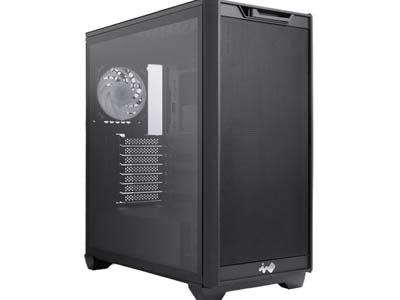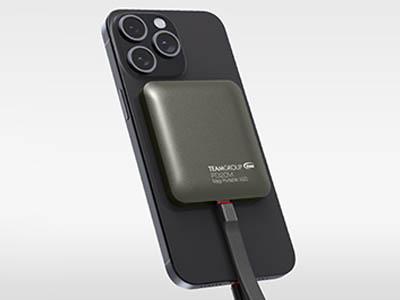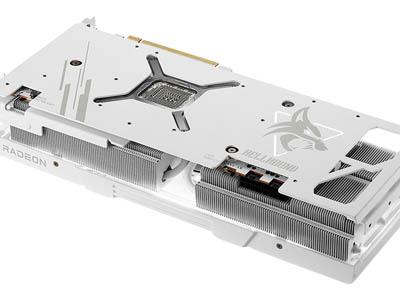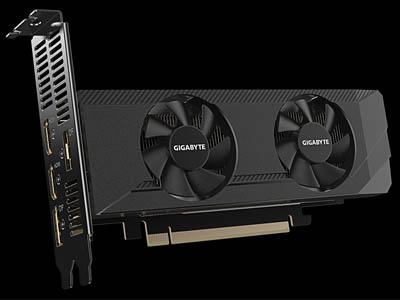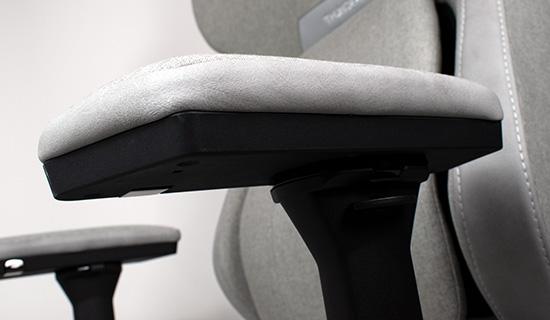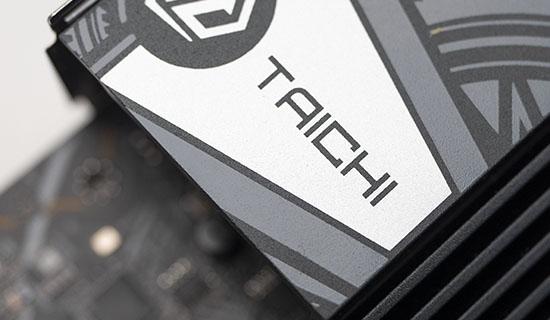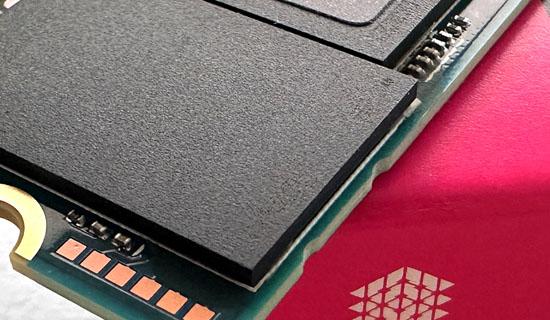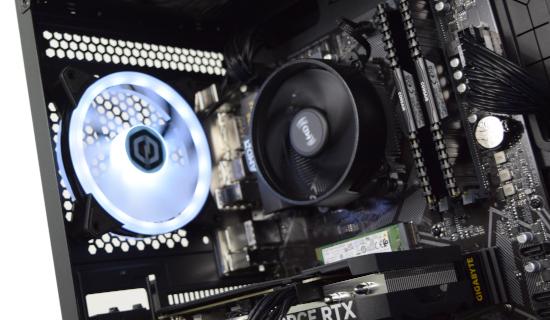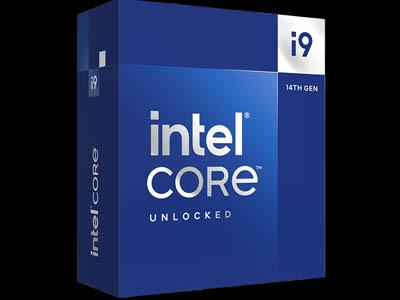Photo by PictureYouth.com
Understanding Different Broadband Options
Whilst the motor industry around the world is floundering and the banks continue to use public money to bail themselves out of their own mess, the broadband industry in the UK is still booming, with uptake levels increasing year on year and over 17 million customers now connecting at high speeds. As the 2012 Olympics approaches there`s a government-backed move towards a digital Britain, at the heart of which is the goal of getting at least a 2Mbps broadband connection into every home. This may seem like a bit of a big ask, but with the sheer variety of broadband packages and service types on offer in reality we may be underestimating the industry`s potential. Let`s examine the different types of broadband and their application within both a home and business environment.
ADSL Broadband
This is the most widely available type of broadband in the UK because it uses land line telephone connections supplied by BT, so most homes and businesses will already be eligible for connection. Speeds vary and the further you are from your local telephone exchange the lower the speed will be, but between 2Mbps and 24Mbps are available depending on your area and provider. ADSL is ideal for home users who are just getting to grips with the internet and broadband, though there are plenty of ADSL packages tailored to small business users. ADSL broadband packages from providers like BT and Tiscali are also available with digital television included and thanks to IPTV you could have access to thousands of hours of your favourite shows, movies and music videos on demand.
Cable Broadband
Virgin Media are the only nationwide operator of cable broadband services for home users in the UK and the advantages of cable broadband over ADSL are simple. Cable doesn`t suffer any of the slow down that ADSL does, so if a connection is advertised as being capable of 10Mbps it will usually operate very close to that maximum. Up to 50Mbps connections are available, attractive to heavy users and those with bigger business plans and you`ll need to take a cable phone line in order for the broadband service to be active. Cable broadband is a good fit as part of a digital TV package.

Mobile broadband is the youngest of the three main technologies, but has the one major advantage of requiring no landline connection. It uses 3G mobile phone networks to connect users to the internet at speeds of between 3.6Mbps and 7.2Mbps, depending on your chosen network and package options and has big benefits for both home and business use. For those who live in student or rented accommodation, don`t have a BT landline or live within a cabled area then mobile broadband is the most flexible option. There`s no line rental, no installation and you can take it with you and use it anywhere with 3G coverage. This is equally good for business people who travel around the UK or even abroad and need constant access to the internet in order to oil the wheels of commerce. You can access all of the same online functions as you would at your office desk whilst holed up in a hotel or in a service station.
Business Broadband
As we`ve touched on briefly, no matter which type of broadband you choose there will inevitably be incalculable situations in which a business would benefit from the connection. ADSL and Cable providers have business packages, offering extras like static IP addresses for setting up a business server, multiple email addresses for you and your colleagues and even free domain hosting and web space for setting up an inexpensive website for your business. Some packages even come with Mobile broadband usage included, or with free access to the provider`s wireless networks around the UK for continued connectivity whilst on the move. Broadband is not only a great way to get your business promoted in a global marketplace but can also give you access to other great services like VoIP telephony which allows you to make free calls to other VoIP users around the globe, or allow you to store and access your files and folders remotely to give you complete freedom of movement. If you are concerned about the security of your broadband connection then you should take advantage of the security suites provided with many business broadband packages and consider customer service records.

When you sign up for either ADSL broadband or Cable Broadband packages you`ll almost certainly be provided with a free wireless router. A wireless router will not only allow you to connect via Ethernet cable but will also broadcast your broadband internet connection around your home, allowing laptops and desktop PCs with Wi-Fi connectivity to connect to the internet without the need for wires. A wireless router is the only bit of equipment you`ll need to get connected at home and most will require minimal set-up. Bear in mind that the capabilities of wireless routers will vary depending on your choice of provider, but there is general uniformity of performance in the market at the moment. Mobile broadband works slightly differently as there`s no need for a landline so no need for a wireless router. Instead the only bit of kit you`ll need is a USB mobile broadband dongle, usually provided for free if you sign up to a fixed term contract or at a small cost if you want to use a pay as you go mobile broadband service. The dongles vary minimally in shape and size, looking much like a USB memory stick, but depending on your package choice the capabilities of your dongle may vary in terms of download and upload speed. On the plus side no matter which dongle you choose there`s minimal installation required as all of the drivers and programs needed to get you connected to mobile broadband will already be stored on the dongle, so it`s a case of plugging it in and moments later getting connected.






